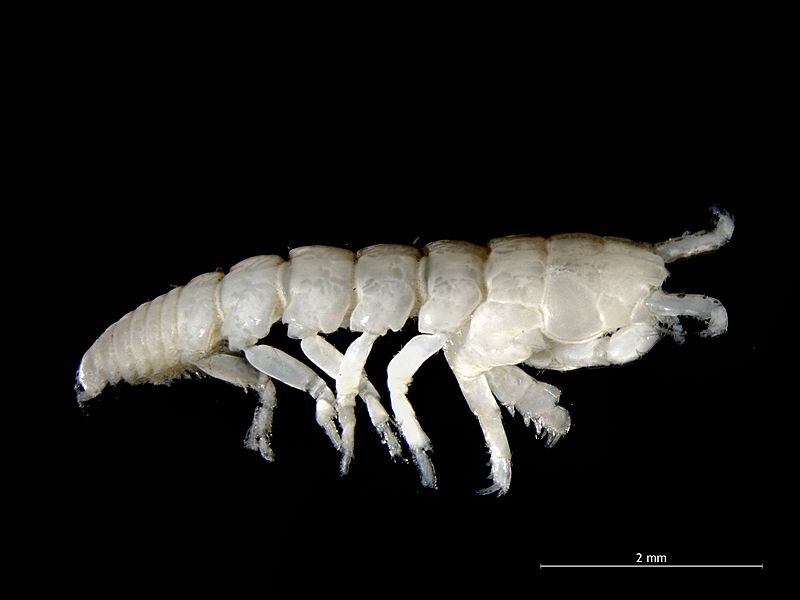
Patricia Esquete
Patricia Esquete is a marine biologist and chief scientist of the recent expedition that explored the seabed revealed by a massive iceberg calving event off the coast of Antarctica. She is affiliated with the University of Aveiro in Portugal and has led research that uncovered a surprising diversity of marine life under the ice, including new species of corals, sea spiders, and octopuses, highlighting the resilience of ecosystems in extreme environments.
Global Media Ratings
Countries Mentioned
No country-level mention data available.
Interactive World Map
Each country's color is based on "Mentions" from the table above.
Recent Mentions
 Hungary:
Dr. Patricia Esquete is the deputy expedition leader from the University of Aveiro in Portugal.
9
Hungary:
Dr. Patricia Esquete is the deputy expedition leader from the University of Aveiro in Portugal.
9
 Liechtenstein:
Patrícia Esquete, a scientist from the University of Aveiro in Portugal, participated in the expedition and expressed surprise at the beauty and prosperity of the ecosystem found.
9
Liechtenstein:
Patrícia Esquete, a scientist from the University of Aveiro in Portugal, participated in the expedition and expressed surprise at the beauty and prosperity of the ecosystem found.
9
 Italy:
Patricia Esquete is the co-leader of the expedition that discovered thriving ecosystems under the Antarctic ice.
9
Italy:
Patricia Esquete is the co-leader of the expedition that discovered thriving ecosystems under the Antarctic ice.
9
 Switzerland:
Patricia Esquete is quoted in a press release from the Schmidt Ocean Institute expressing surprise at the discovery of a beautiful, thriving ecosystem.
9
Switzerland:
Patricia Esquete is quoted in a press release from the Schmidt Ocean Institute expressing surprise at the discovery of a beautiful, thriving ecosystem.
9
 Belarus:
Patricia Esquete is the chief scientist of the expedition who expressed surprise at the rich ecosystem discovered under the iceberg.
9
Belarus:
Patricia Esquete is the chief scientist of the expedition who expressed surprise at the rich ecosystem discovered under the iceberg.
9
 Australia:
Patricia Esquete is the expedition’s chief scientist who expressed surprise at the diverse ecosystems found under the iceberg.
9
Australia:
Patricia Esquete is the expedition’s chief scientist who expressed surprise at the diverse ecosystems found under the iceberg.
9
